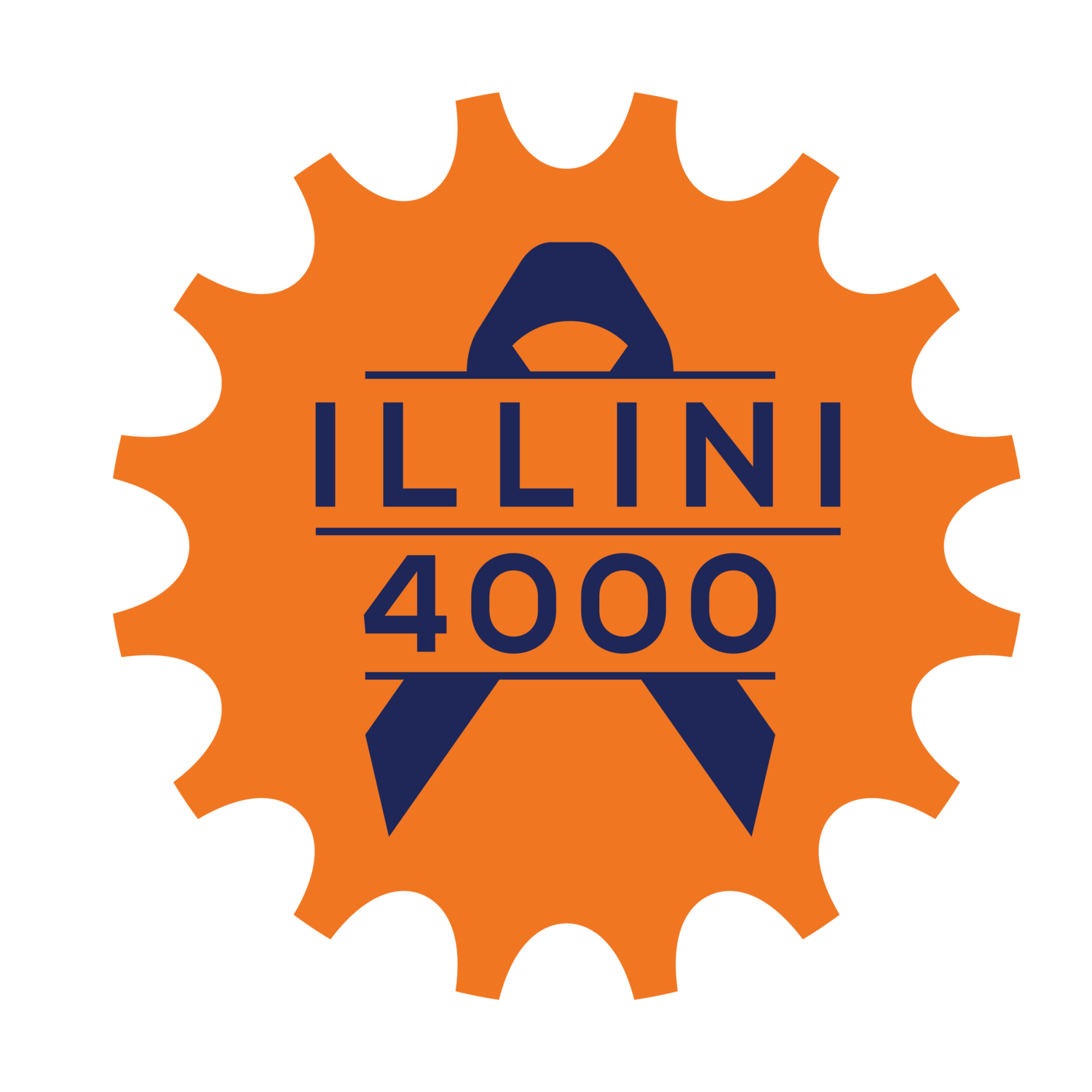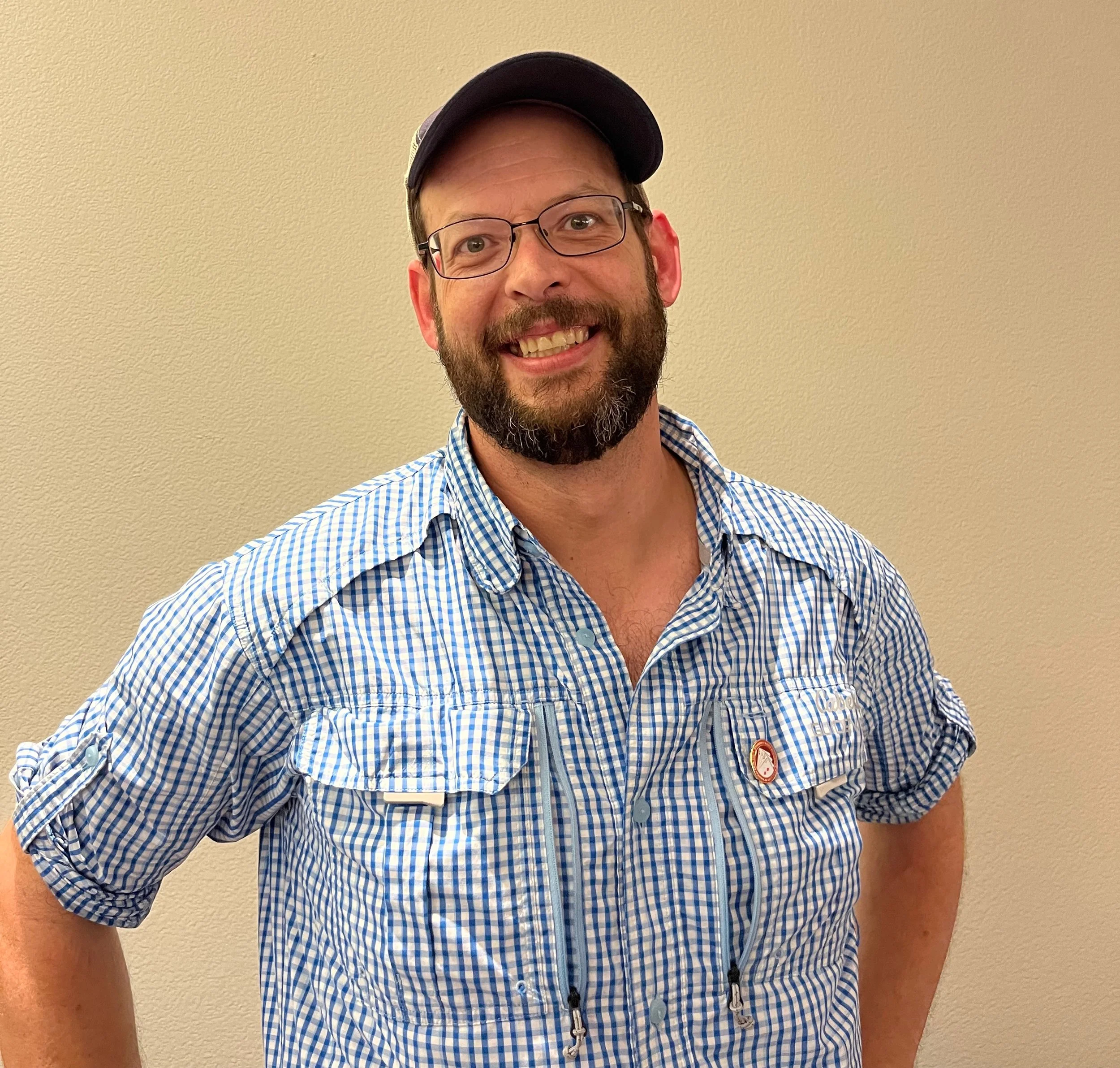“Through different support group situations, it’s amazing how, once you have cancer, you start meeting people that have cancer. After having cancer in the family, you become aware that we’re a community, and we need to support each other. We need community. Our American culture tells us that we can be an island to ourselves, we’re strong, we can survive, we can do it on our own. I don’t believe that’s the way God intended us to be, and I don’t think that is a true statement. I think the truth is, we are weak. We are frail. We do struggle. In these kinds of times, we need each other. Be with your friends, be with your family.”
Chris Schubert
“When she got down to 86 pounds, I really thought she was going to die. But she didn’t. She went from being paralyzed from the waist down and having to be wheelchair bound, and having to catheterize herself, to now she runs regularly, and she got married last September. To me, it’s a miracle. Like I said, when I was in medical school, everyone died from Ewing Sarcoma. Nobody survived. That was a resurrection for me of my faith, and now there are routinely people that survive from Ewing sarcoma. As a physician, I realized that a lot of things have changed.”
Charles Staben
“Be a little bit more optimistic than you think you need to be. Cancer is a terrible diagnosis. To hear that you have cancer is really quite disturbing. My wife personally told me that I had cancer. She’s a physiologist and had my tests rushed. At the time of my diagnosis, approximately two out of three men diagnosed under age 45 died within five years, so to hear from your wife that you have cancer and knowing that your statistical odds being a two out of three death rate over five years is quite disturbing, so I feel very fortunate to be here.”
Betty Schatz
“It’s taught me to take one day at a time and to lower my expectations. I shouldn’t expect people to treat me differently because I had cancer. It affects everybody. Even if you don’t have cancer yourself, you know people who have it or you know people whose family is going through this. You just take everything one day at a time. You don’t think about what’s going to happen in the future.”
Leanne Eagleman
“There’s a lot of things I think that the American Cancer Society is doing, and providing to people all over the nation, you know. And myself, going to Washington D.C., during the celebration on the hill, that event was to get our legislators in Washington DC to support all American Cancer Society’s efforts. We got their signatures, and I was happy about that. That was a goal that we met, getting their signatures, and their promise to help. I will do anything I can.”
Bryan Bailey
“Everybody hears the word “cancer” and they are immediately scared. They immediately think they are going to die. I didn’t have those feelings, but everyone around me had those feelings and those thoughts. I felt like I had to be the strong one and the one that had to hold everyone together during that time. We didn’t have any history of cancer in the family; I was the first member in my entire extended family to have any form of cancer. It brought my family together and raised awareness, especially through my family for testicular cancer.”











